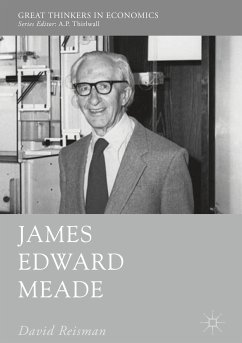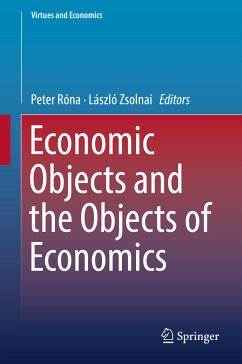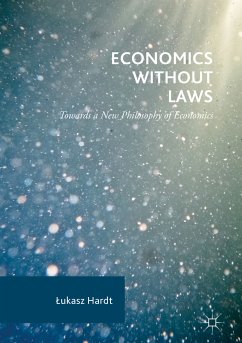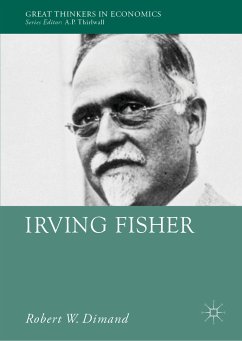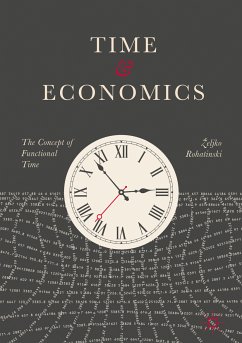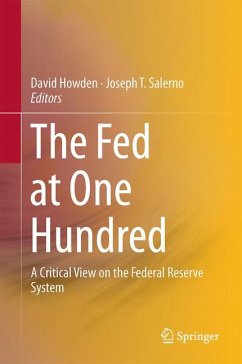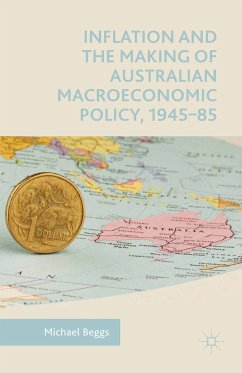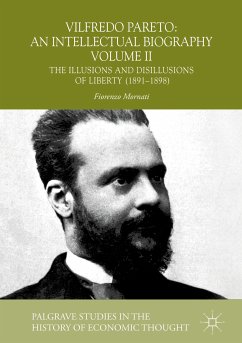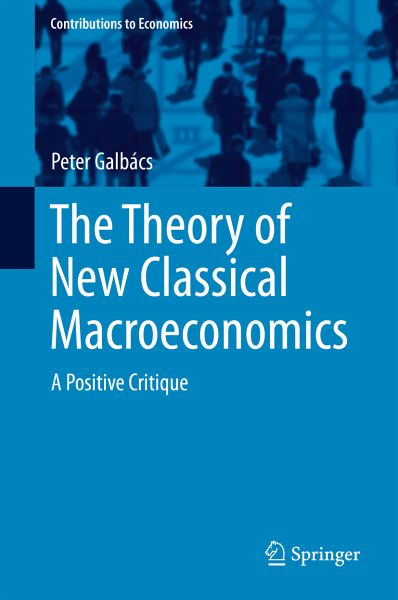
The Theory of New Classical Macroeconomics (eBook, PDF)
A Positive Critique
Versandkostenfrei!
Sofort per Download lieferbar
72,95 €
inkl. MwSt.
Weitere Ausgaben:

PAYBACK Punkte
36 °P sammeln!
This book examines new classical macroeconomics from a comparative and critical point of view that confronts the original texts and later comments as a first dimension of comparison. The second dimension appears in a historical context, since none of the new classical doctrines can be analyzed ignoring the parallelism and discrepancies with the theory of Keynes, Friedman or Phelps. Radicalism of new classical macroeconomics has brought fundamental changes in economic thought, but the doctrines got vulgarized and distorted thanks to the mass of followers. Nowadays, economic theory and policy, t...
This book examines new classical macroeconomics from a comparative and critical point of view that confronts the original texts and later comments as a first dimension of comparison. The second dimension appears in a historical context, since none of the new classical doctrines can be analyzed ignoring the parallelism and discrepancies with the theory of Keynes, Friedman or Phelps. Radicalism of new classical macroeconomics has brought fundamental changes in economic thought, but the doctrines got vulgarized and distorted thanks to the mass of followers. Nowadays, economic theory and policy, trying to find their ways, have a less clear relationship than ever. Therefore, this volume is aimed at mapping and reconsidering the policy instruments and transmission mechanisms offered by the new classicals. Its central question points to the real nature of new classical macroeconomics: what consequences are grounded by the assumptions new classicals used. Moreover, issues raised by automatic fiscal stabilizers and fiscal reforms are analyzed as well, even if they were out of the range of classical texts. The book draws a picture of new classical macroeconomics stressing the analogies with Keynesian countercyclical policies, instead of the discrepancies commonly held.
Dieser Download kann aus rechtlichen Gründen nur mit Rechnungsadresse in A, B, BG, CY, CZ, D, DK, EW, E, FIN, F, GR, HR, H, IRL, I, LT, L, LR, M, NL, PL, P, R, S, SLO, SK ausgeliefert werden.





